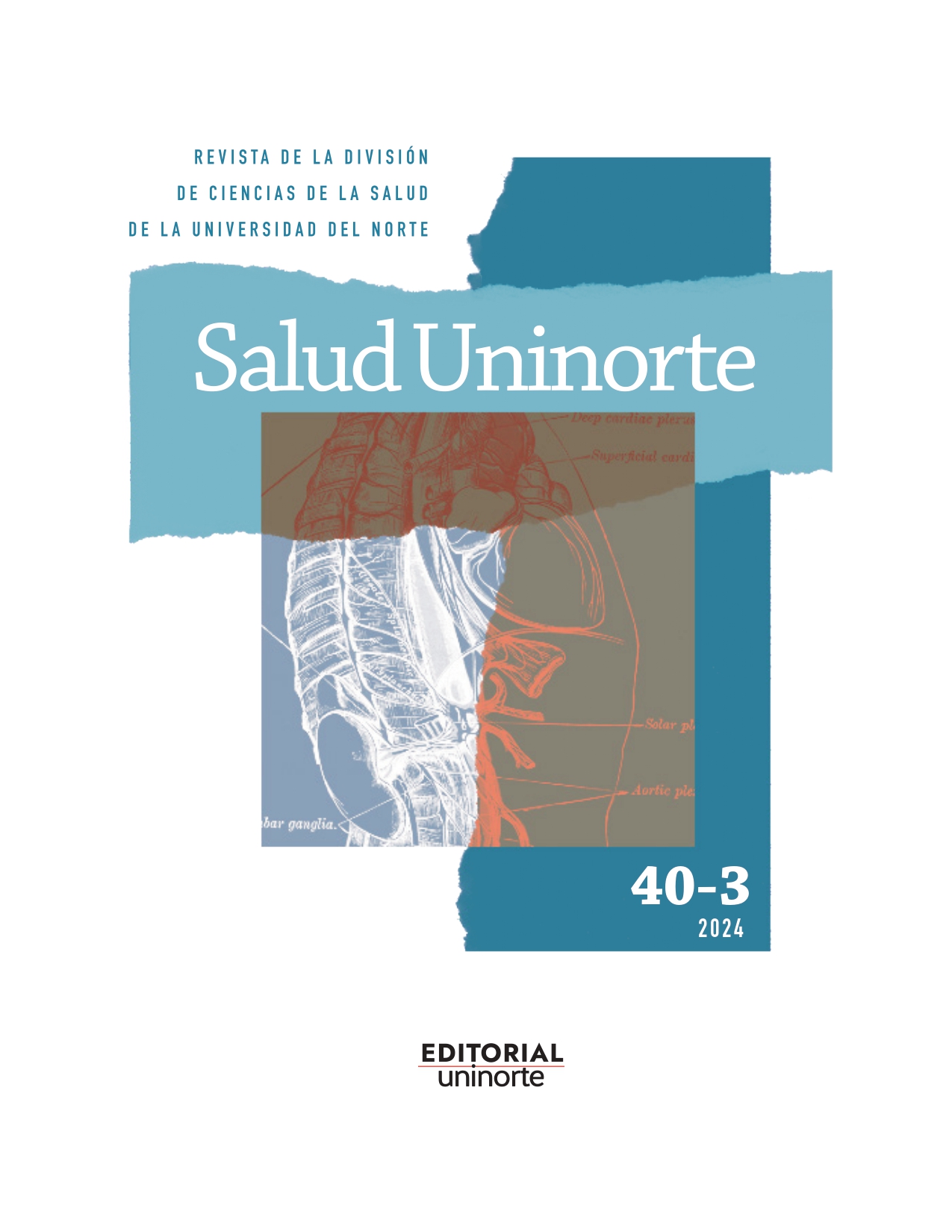Effectiveness of cognitive constructivist and behavioral educational interventions to improve knowledge and practices of foot care in people with type 2 diabetes mellitus
DOI:
https://doi.org/10.14482/sun.40.03.200.961Keywords:
Constructivism, behaviorism, quasi-experimental study, type 2 diabetes mellitus, metabolic controlAbstract
Objective: To evaluate the effectiveness of cognitive constructivist and behavioral educational interventions to reduce glycosylated hemoglobin (HbA1c) levels and to improve foot care knowledge and practices in people with type 2 diabetes mellitus (T2DM).
Material and methods: Quantitative study with a quasi-experimental design of two educational interventions with pretest-posttest, with an experimental group of 21 participants to which an intervention based on cognitive constructivist theory was applied, and a control group with 21 participants to which an intervention based on behaviorism was applied. Participants were included through non-probabilistic discretionary sampling. Pretest-posttest intragroup analysis and pretest-posttest between-group analysis were performed. The Student's T test of related samples was used as a parametric test. For the analysis between the two interventions, difference of the differences was used.
Results: Regarding the reduction of HbA1c, in the experimental group, it was reduced by 19 % in the pretest-posttest comparison. In improving the level of knowledge and practices for foot care, a statistical significance of 0.02 pretest-posttest was found in the experimental group. In the control group, although there was an improvement at both levels, no statistical significance was observed.
In the difference of differences, the level of knowledge increased by 1, and the level of practices increased by 3.6, in the two interventions.
Conclusions: The educational intervention based on cognitive constructivism was more effective and statistically significant for the decrease in HbA1c levels and for the improvement of knowledge and practices for foot care in people with T2DM, compared to the intervention educational based on behaviorism, although, in the latter, a decrease in HbA1c levels and an increase in knowledge and practices was also observed. The incorporation of a theory as a basis for educational interventions is of great importance, in disagreement with most educational interventions that are currently applied, which are not based on a theory for their development.
Downloads
Published
How to Cite
Issue
Section
License
(COPIE Y PEGUE EL SIGUIENTE TEXTO EN UN ARCHIVO TIPO WORD CON TODOS LOS DATOS Y FIRMAS DE LOS AUTORES, ANEXE AL PRESENTE ENVIO JUNTO CON LOS DEMAS DOCUMENTOS)
AUTORIZACIÓN PARA REPRODUCCIÓN, USO, PUBLICACIÓN Y DIVULGACIÓN DE UNA OBRA LITERARIA, ARTISTICA O CIENTIFICA
NOMBRE DE AUTOR y/o AUTORES de la obra y/o artículo, mayor de edad, vecino de la ciudad de , identificado con cédula de ciudadanía/ pasaporte No. , expedida en , en uso de sus facultades físicas y mentales, parte que en adelante se denominará el AUTOR, suscribe la siguiente autorización con el fin de que se realice la reproducción, uso , comunicación y publicación de una obra, en los siguientes términos:
1. Que, independientemente de las reglamentaciones legales existentes en razón a la vinculación de las partes de este contrato, y cualquier clase de presunción legal existente, las partes acuerdan que el AUTOR autoriza de manera pura y simple a La UNIVERSIDAD DEL NORTE , con el fin de que se utilice el material denominado en la Revista
2. Que dicha autorización se hace con carácter exclusivo y recaerá en especial sobre los derechos de reproducción de la obra, por cualquier medio conocido o por conocerse, comunicación pública de la obra, a cualquier titulo y aun por fuera del ámbito académico, distribución y comercialización de la obra, directamente o con terceras personas, con fines comerciales o netamente educativos, transformación de la obra, a través del cambio de soporte físico, digitalización, traducciones, adaptaciones o cualquier otra forma de generar obras derivadas. No obstante lo anterior, la enunciación de las autorizaciones es meramente enunciativa y no descartan nuevas formas de explotación económica y editorial no descritas en este contrato por parte del AUTOR del artículo, a modo individual.
3. Declara que el artículo es original y que es de su creación exclusiva, no existiendo impedimento de ninguna naturaleza para la autorización que está haciendo, respondiendo además por cualquier acción de reivindicación, plagio u otra clase de reclamación que al respecto pudiera sobrevenir.
4. Que dicha autorización se hace a título gratuito.
5. Los derechos morales de autor sobre el artículo corresponden exclusivamente al AUTOR y en tal virtud, la UNIVERIDAD se obliga a reconocerlos expresamente y a respetarlos de manera rigurosa.
EL AUTOR
















